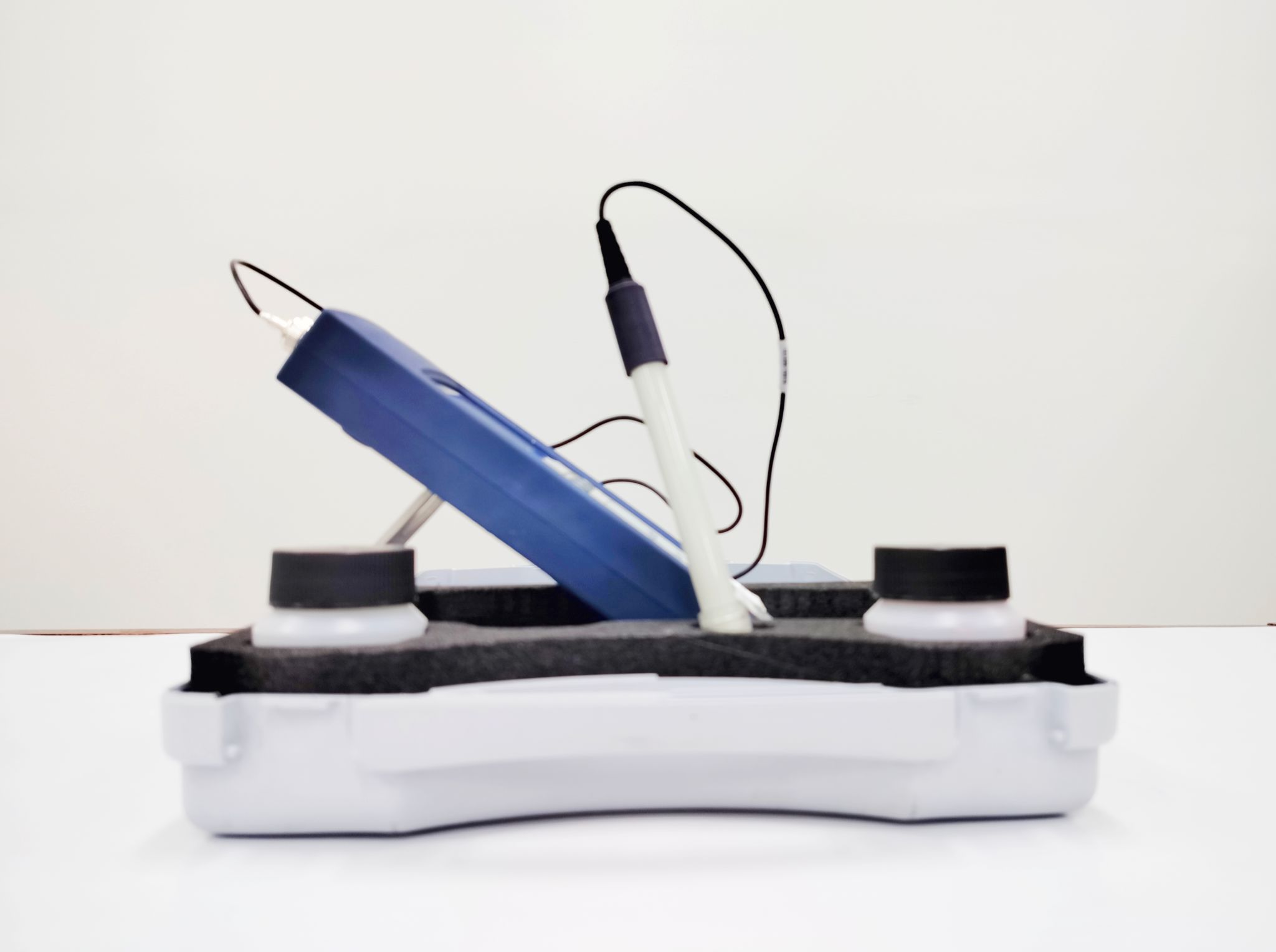How Accurate Are Mobile Drug Tests? Debunking Common Myths
Understanding Mobile Drug Tests
Mobile drug tests have become increasingly popular due to their convenience and quick results. These tests are often used in workplaces, schools, and at home to detect the presence of drugs. However, there are several myths surrounding their accuracy that need clarification. In this blog post, we’ll explore these myths and provide a clearer understanding of how mobile drug tests actually work.

Myth 1: Mobile Drug Tests Are Not Reliable
One of the most common misconceptions is that mobile drug tests are not reliable. While it's true that no drug testing method is 100% accurate, mobile drug tests have been significantly improved over the years. Technological advancements have enhanced their sensitivity and specificity, making them a reliable option for preliminary screening.
It's important to note that these tests are designed to provide quick results and are generally used for initial screenings. Confirmatory testing in a lab setting is recommended if the test result is positive. This ensures accuracy by ruling out any potential false positives or negatives.
Myth 2: Mobile Drug Tests Cannot Detect All Drugs
Another myth is that mobile drug tests cannot detect a wide range of substances. In reality, many mobile drug tests are capable of detecting multiple drugs, including marijuana, cocaine, opiates, amphetamines, and benzodiazepines. Some tests can even detect up to 12 different substances.
However, it is crucial to choose a test that suits your specific needs. Different tests are designed to detect different panels of drugs, so understanding which substances you need to test for will ensure you select the appropriate test kit.

Myth 3: Mobile Drug Tests Are Difficult to Use
Many people believe that mobile drug tests are complex and require professional handling. On the contrary, these tests are user-friendly and come with clear instructions. Most kits involve collecting a urine, saliva, or hair sample and then using the testing device to obtain results.
The simplicity of the procedure makes it accessible for anyone to use at home or in workplace settings. Nevertheless, it’s essential to follow the instructions carefully to ensure the accuracy of the results.
Factors Affecting Accuracy
While mobile drug tests are generally accurate, several factors can influence the results. These include:
- Proper sample collection: Collecting an adequate sample is crucial for accurate results.
- Timing: The detection window varies for different drugs; knowing the right time to test is important.
- Storage: Tests should be stored properly as per manufacturer instructions to maintain their efficacy.

The Role of Confirmatory Testing
It's recommended to use mobile drug tests as a preliminary screening tool. If a test yields a positive result, a confirmatory test conducted in a certified laboratory should follow. This step helps eliminate any doubts and provides more definitive results using advanced analytical techniques like Gas Chromatography-Mass Spectrometry (GC-MS).
Confirmatory testing not only verifies the presence of drugs but also quantifies the level present in the sample, which is crucial for understanding potential impairment or usage patterns.
The Future of Mobile Drug Testing
As technology continues to evolve, mobile drug testing is expected to become even more accurate and versatile. Innovations in biosensor technology and artificial intelligence are paving the way for more sophisticated testing methods that could offer real-time results with even greater precision.
This advancement would further solidify the role of mobile drug tests as an essential tool in maintaining safety and compliance in various environments. As misconceptions are dispelled, more individuals and organizations can harness the benefits these tests offer.